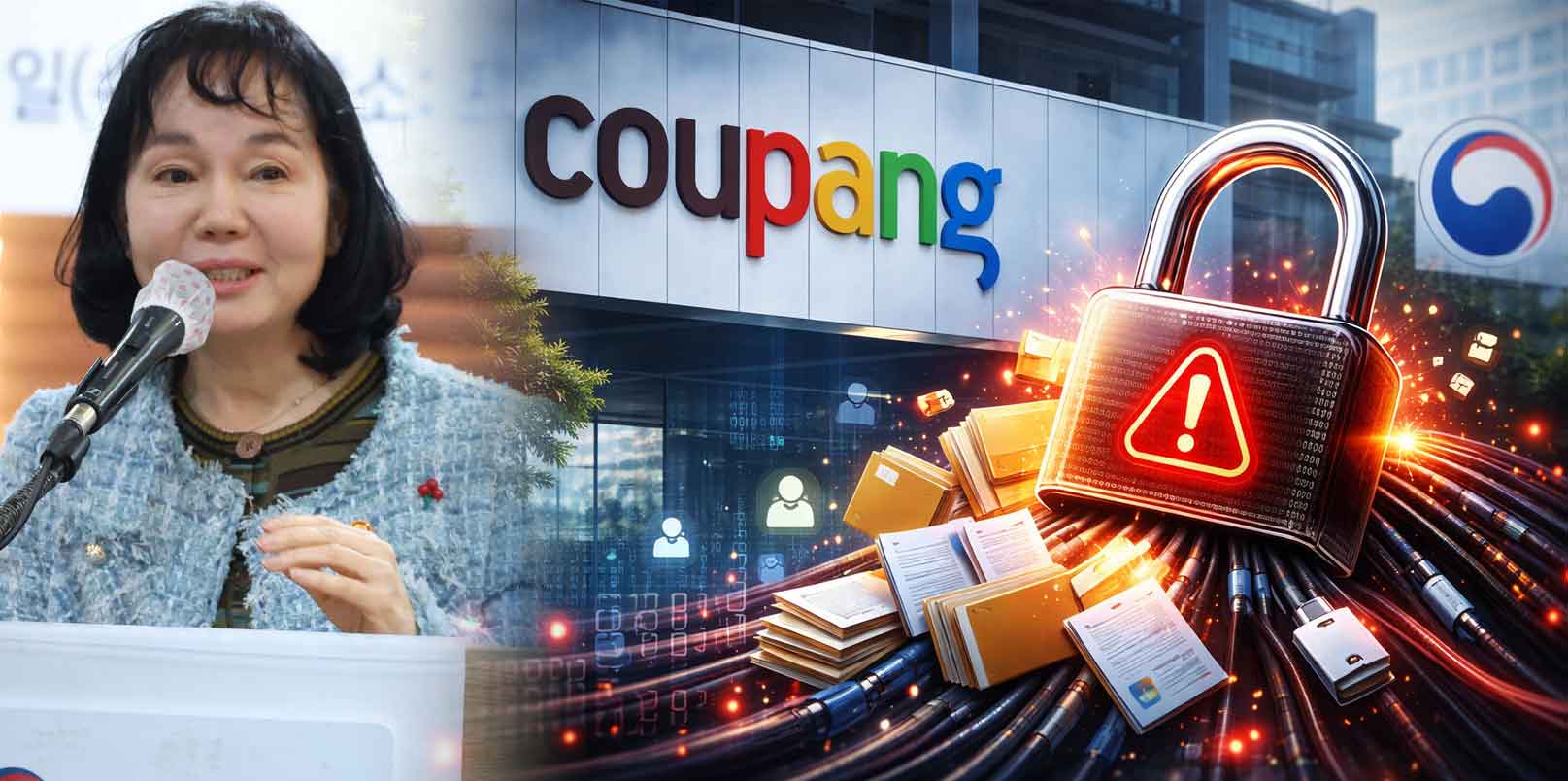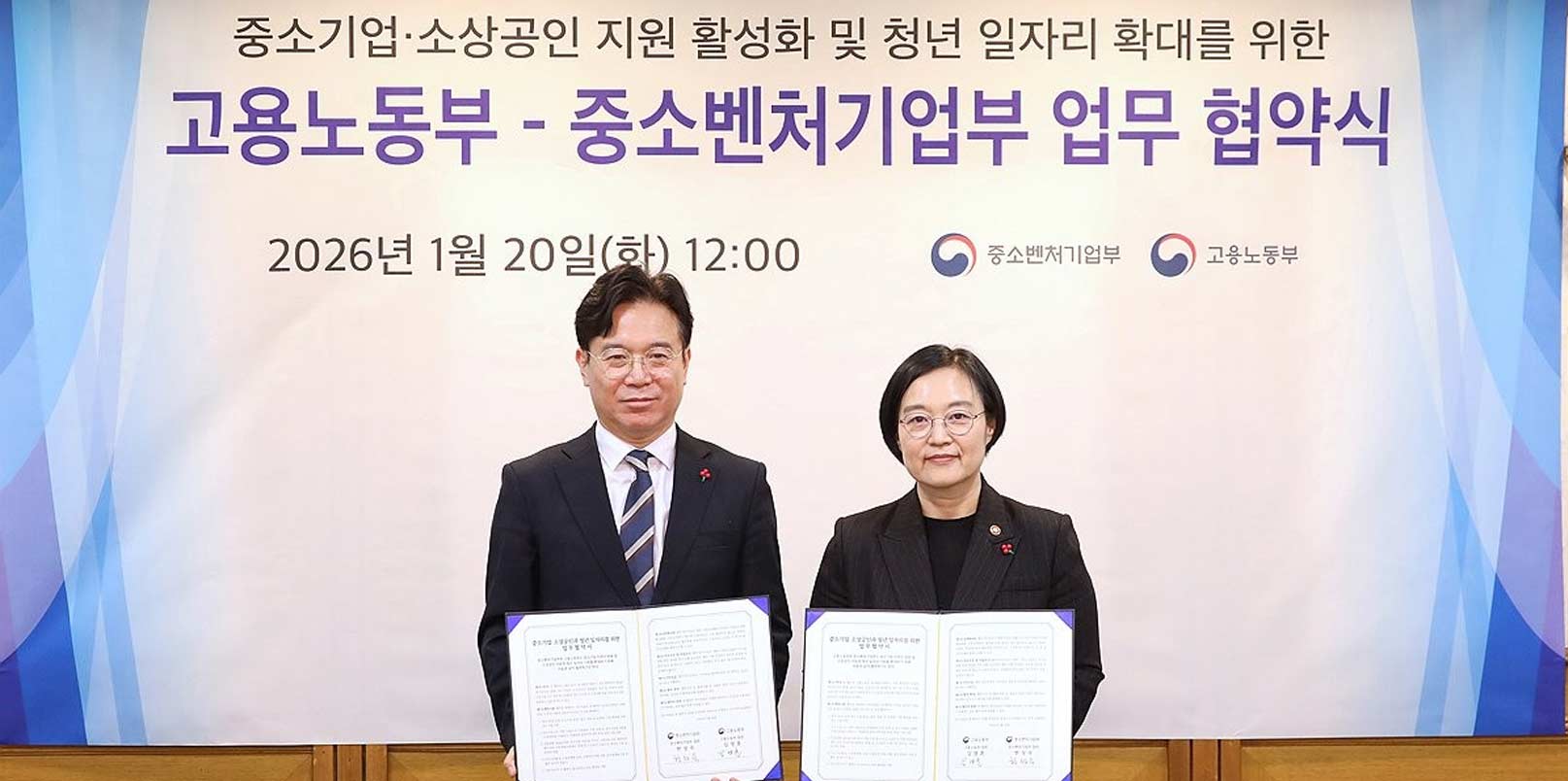As Korea’s venture investment market shows its first signs of recovery in nearly two years, a new political debate has emerged that could reshape the country’s innovation funding landscape. Lawmakers are now split over whether to scale back the “Mother Fund” — the nation’s central fund of funds that anchors startup and venture capital investment — or to expand and extend its role as Korea’s primary growth engine for deep tech and AI-driven industries.
Korea’s Mother Fund Budget Debate Sparks Industry Backlash
On November 18, the Korea Venture Business Association (KOVA) issued a rare public statement opposing discussions within the National Assembly to reduce the Mother Fund’s 2026 allocation.
The proposal surfaced during the Budget Adjustment Subcommittee’s deliberations, with some lawmakers arguing that since the fund’s allocations are not fully invested within a single fiscal year, the budget should be trimmed for efficiency.
KOVA responded that such logic ignores the global norms of venture funding, which operate on multi-year investment horizons. The group warned that reducing next year’s funding could “undermine the fragile recovery of the venture investment market” and risk “missing the golden window for AI and deep-tech growth.”
“We express deep concern about the reported budget-cut discussions over the Mother Fund ahead of the Special Committee on Budget and Accounts’ Subcommittee review.
Now is the moment to focus support so that venture companies can grow into leader firms in the global technology-hegemony competition. The claim that budget should be cut because all of it is not invested within the year does not align with global standards.”
The Ministry of SMEs and Startups (MSS) had earlier proposed expanding the Mother Fund budget to 1.1 trillion won (approximately USD 820 million), with half designated for AI and deep-tech sectors — a record-high allocation intended to strengthen Korea’s global technology competitiveness.
The Korea Venture Capital Association (KVCA) also voiced concern over the proposed cuts, warning that the move could erode private-sector confidence and weaken the country’s innovation leverage.
KVCA Chairman Kim Hak-kyun stated,
“A cut to the Mother Fund may look like short-term fiscal saving but will cause greater costs in the long term via private investment decline and reduction in national competitiveness. With global competition in strategic industries such as AI intensifying, it is critical the fund fulfills its role.”
Conflicting Policy Directions: Extension vs. Reduction
The current debate highlights a paradox in Korea’s startup finance policy.
Only two months earlier, bipartisan lawmakers, including Representative Jung Jin-wook of the Democratic Party, introduced a bill to remove the 2035 expiration clause of the Mother Fund under the Venture Investment Promotion Act. The move was designed to ensure continuity for the fund, which has long served as a cornerstone for early-stage and regional venture capital formation.
Meanwhile, MSS Minister Han Seong-sook had also called for the fund’s long-term stabilization, saying it “remains the backbone of Korea’s innovation ecosystem” and must continue to support sustainable startup investment.
In contrast, lawmakers from the opposition People Power Party, including Representative Song Eon-seok, have questioned the efficiency of sustained expansion, calling for tighter fiscal management. They argue that “funding should focus on essential public needs” and that under-utilized investment allocations justify temporary reductions.
The Ministry and venture associations, however, counter that this stance risks weakening the leverage effect of private capital. Each won contributed to the Mother Fund typically attracts three to four won in matching private investment. It serves as an anchor for pension funds, financial institutions, and corporates, magnifying overall impact on the ecosystem.
Industry Stakeholders Warn of Lost Momentum
Venture investors and startup founders are voicing growing concern that budget uncertainty could derail momentum at a crucial stage of recovery. According to KOVA, Korea’s venture investment volume began to rebound in the third quarter of 2025, following two years of global contraction.
If the budget were reduced now, industry leaders fear it would trigger a chain reaction — fewer matching commitments, delayed fund formations, and reduced capital for early-stage startups.
A VC executive said,
“The Mother Fund has played an irreplaceable role in bearing early risk. Cutting it now would send the wrong signal just as confidence is returning.”
Why This Debate Matters for Korea’s Startup Ecosystem
Beyond its budget dispute, the clash over the Mother Fund significantly reflects Korea’s broader struggle to balance fiscal prudence with long-term innovation strategy. As global competition in AI and deep tech accelerates, stable funding pipelines are increasingly tied to national competitiveness.
The outcome of this debate will determine whether Korea can maintain the capital flow necessary for startups to scale technologies beyond prototype stages. At the same time, it will also shape investors’ confidence in Korea’s regulatory and funding predictability — critical factors for attracting foreign venture capital.
In the global context, Korea’s Mother Fund remains one of the few state-led fund-of-funds models that actively bridges government priorities and private-sector investment, comparable to Singapore’s Temasek-linked EDBI or Japan’s JIC model. Its direction now serves as a barometer for how Korea defines “state-guided innovation” in an era of fiscal tightening.
And this direction is especially crucial as the country is pursuing its ambition to become one of world’s top four global venture powerhouse.
Policy Alignment Needed Before Market Rebounds
As lawmakers continue to debate the 2026 budget, the Mother Fund’s fate sits at the center of Korea’s startup investment strategy.
The contradiction between calls for long-term continuity and immediate fiscal reduction exposes a deeper issue — inconsistent policy signaling in an ecosystem that depends heavily on public anchors.
If Korea’s government and National Assembly can align around a coherent framework that balances accountability with innovation support, the Mother Fund could remain a cornerstone of Asia’s most dynamic venture markets. But without that alignment, the uncertainty itself may prove more damaging than any cut.
– Stay Ahead in Korea’s Startup Scene –
Get real-time insights, funding updates, and policy shifts shaping Korea’s innovation ecosystem.
➡️ Follow KoreaTechDesk on LinkedIn, X (Twitter), Threads, Bluesky, Telegram, Facebook, and WhatsApp Channel.






